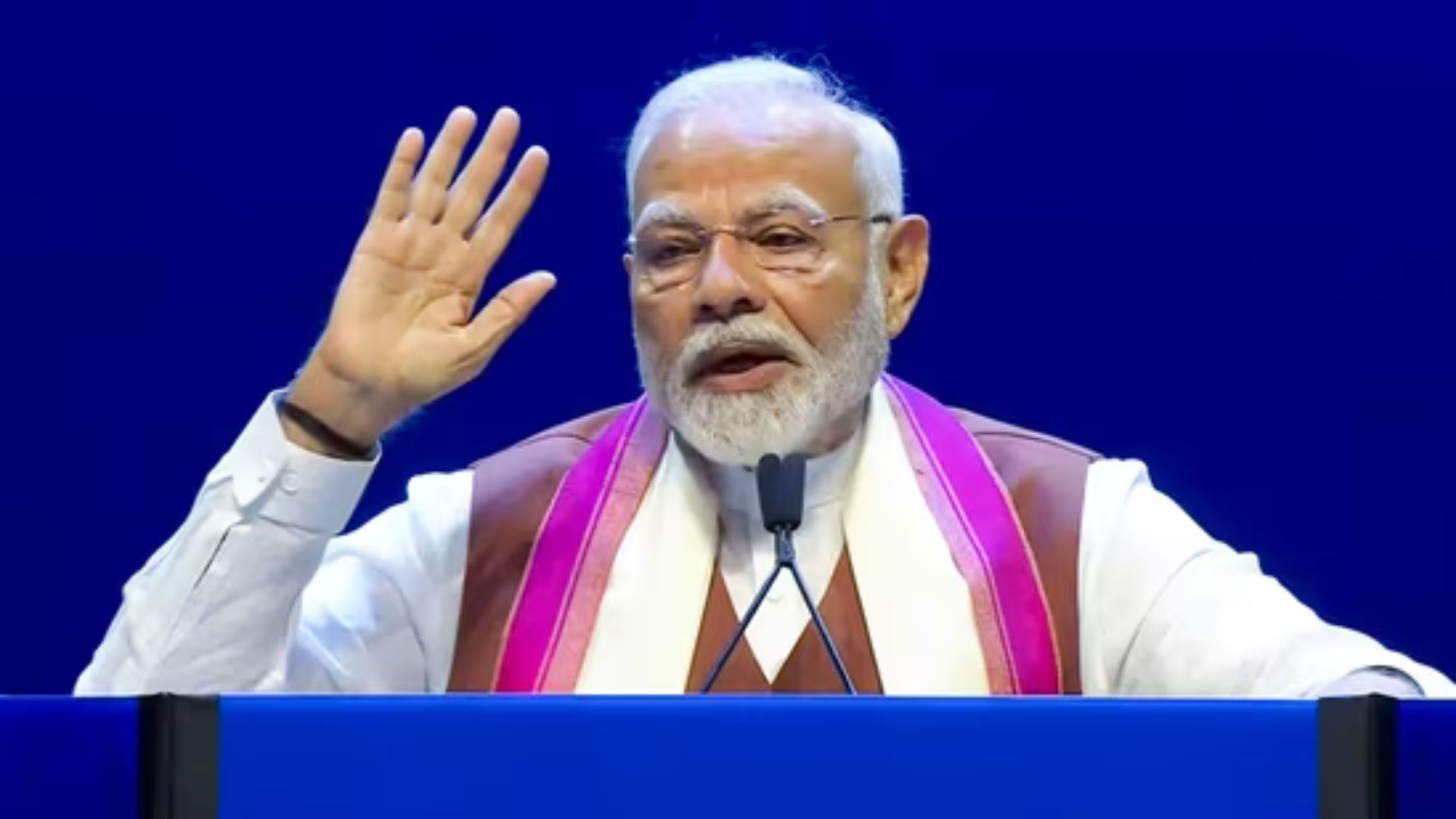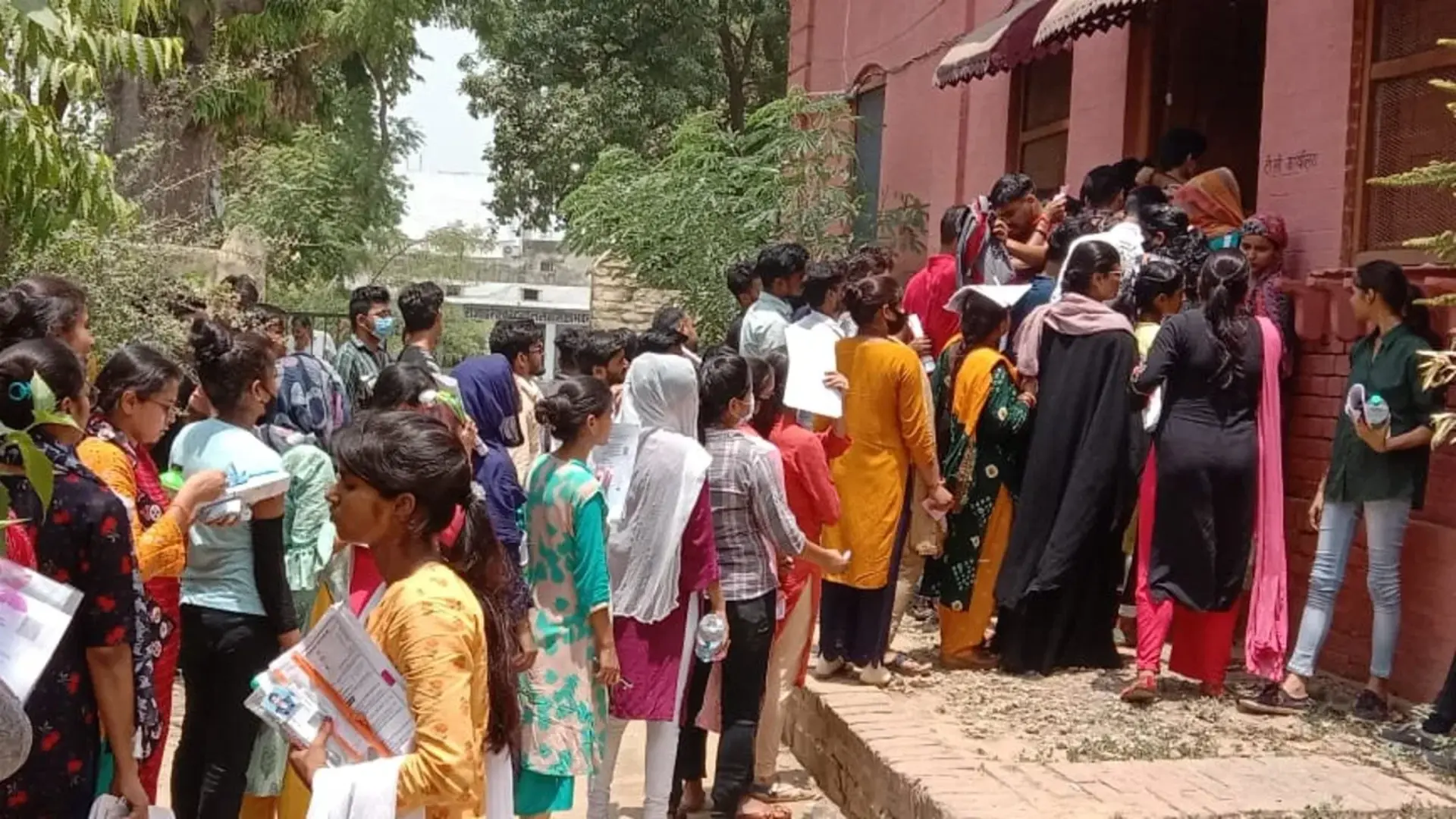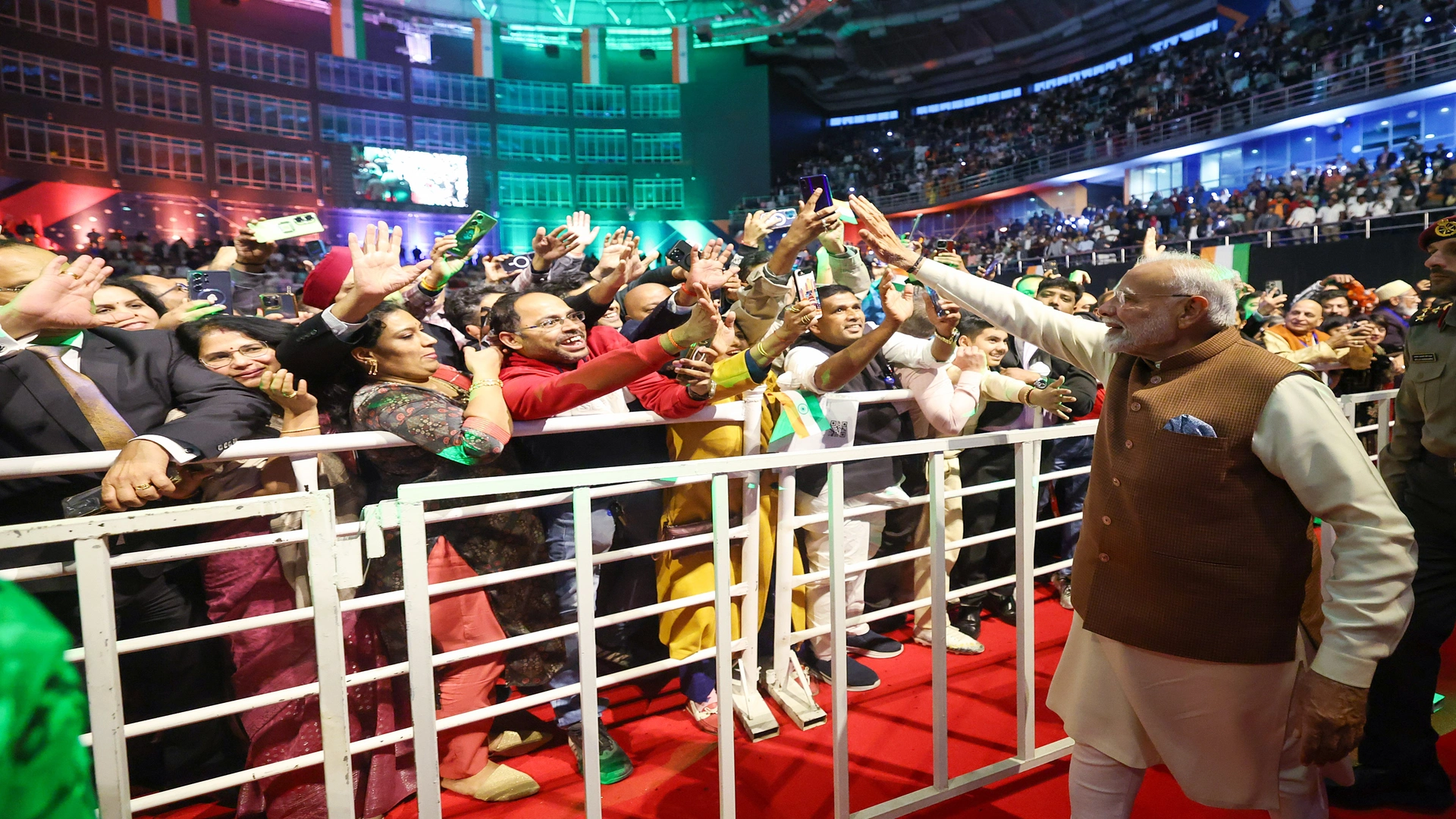He once joked that the first word children in India say is AI (mother in some Indian languages). He further quipped that while AI means artificial intelligence globally, for him, it also represents the American-Indian spirit. Putting humor aside, PM Narendra Modi fully embraced the fast-evolving field, asserting it could help address many challenges in what he called “Aspirational India,” despite concerns about its impact on job creation in a nation facing significant unemployment.
During a meeting in New York with 15 corporate leaders, including AI experts Jensen Huang of nVidia and Sundar Pichai of Alphabet/Google, Modi exhibited great enthusiasm for the technology landscape. His office described the session as a “deep dive” into the topic. He emphasized India’s policy of promoting AI for all, anchored in ethical and responsible use, and encouraged tech firms to leverage India’s growth story for collaboration in co-developing, co-designing, and co-producing for the global market.
Huang, impressed by Modi’s pitch, remarked, “Modi is an incredible student. Every time I meet him, he wants to learn more about technology.” He highlighted nVidia’s existing collaborations in India and committed to increasing them, expressing that “AI really democratises computing, and this is India’s moment.” Pichai also acknowledged Modi’s challenge to enhance AI initiatives for the benefit of the Indian populace.
While leaders from major pharmaceutical and biotech firms, including Eli Lilly, Bristol Myers Squibb, Moderna, and Biogen, attended the meeting, the focus remained on AI and its growing significance in India. This occurred amid rising US concerns about technology transfer, with the US commerce department proposing a ban on smart vehicles using Chinese and Russian technology due to national security issues. Concurrently, a Republican-led US Congressional committee criticized American academia and industry for aiding China’s technological progress, warning of potential future conflicts.
As the US tech sector reduces collaboration with China and the influx of Chinese students in advanced tech studies declines, India continues to enjoy a favorable status. During the Quad summit, New Delhi found itself part of a de facto security alliance against a China-led coalition, despite recent de-escalation on the border with China.
US confidence in partnerships with India is bolstered by numerous Indian-Americans leading US tech companies, including Pichai, IBM’s Arvind Krishna, and Adobe’s Shantanu Narayen, who were present at the meeting. Modi also reassured the business leaders of India’s “deep commitment” to protecting intellectual property, a longstanding concern for US administrations.







